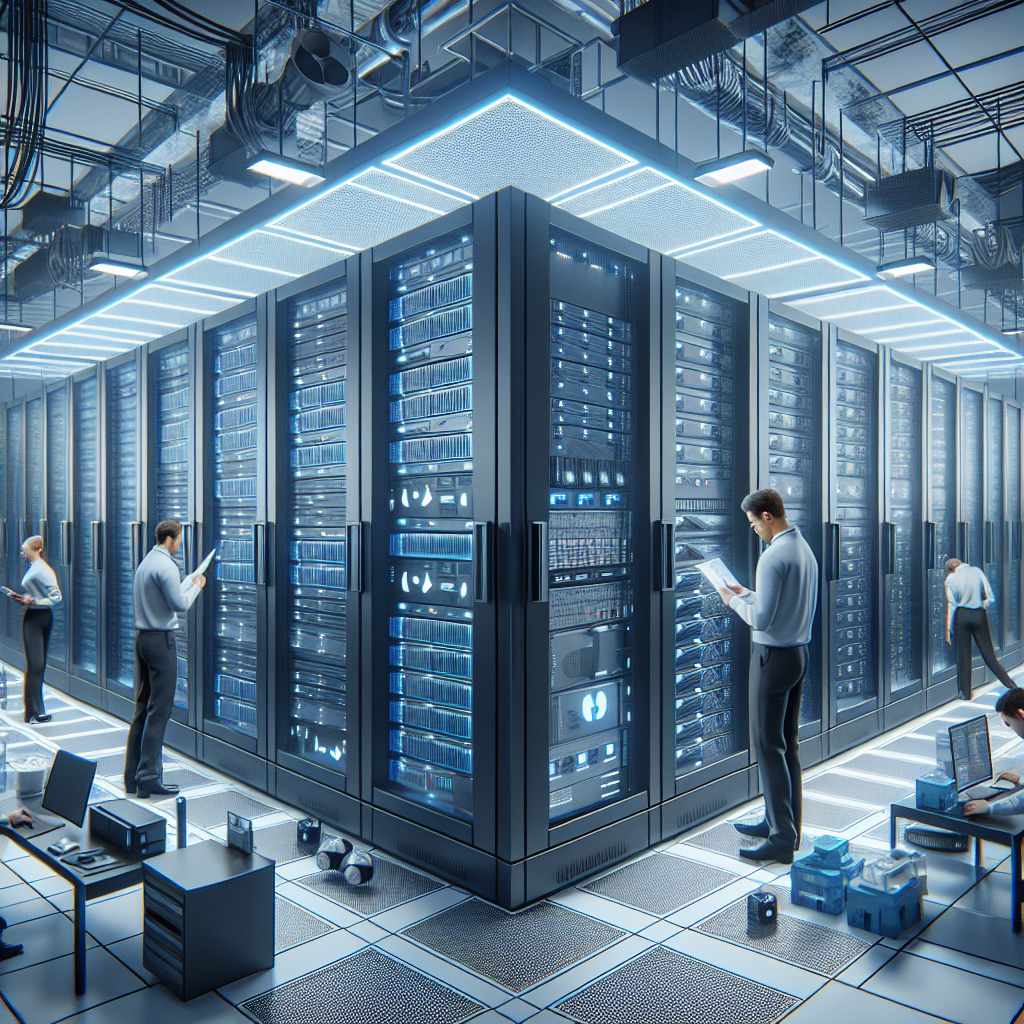Fix today. Protect forever.
Secure your devices with the #1 malware removal and protection software
Data centers are the backbone of modern businesses, housing the servers, storage, and networking equipment that support critical applications and services. However, as data centers continue to grow in size and complexity, ensuring optimal performance becomes increasingly challenging. One key factor in optimizing data center performance is effective facilities management.
Facilities management encompasses the design, construction, operation, and maintenance of the physical infrastructure that supports the data center, including power and cooling systems, security, and environmental controls. By implementing best practices in facilities management, organizations can maximize the efficiency, reliability, and scalability of their data center operations.
Here are some strategies to optimize data center performance through facilities management:
1. Efficient Cooling Systems: Data centers generate a significant amount of heat, which can lead to equipment failures and downtime if not properly managed. By implementing efficient cooling systems, such as hot aisle/cold aisle containment, in-row cooling units, and variable speed fans, organizations can maintain optimal operating temperatures and improve energy efficiency.
2. Redundant Power Supplies: Power outages can have catastrophic consequences for data center operations, causing data loss and service disruptions. To mitigate this risk, organizations should invest in redundant power supplies, such as uninterruptible power supplies (UPS) and backup generators, to ensure continuous power availability.
3. Monitoring and Automation: Real-time monitoring of key performance metrics, such as temperature, humidity, and power consumption, is essential for identifying potential issues and optimizing data center performance. By implementing automation tools, organizations can proactively respond to events and make real-time adjustments to optimize energy usage and resource allocation.
4. Physical Security: Data centers house sensitive and valuable assets, making physical security a top priority. By implementing access controls, surveillance cameras, and biometric authentication systems, organizations can prevent unauthorized access and protect their infrastructure from security threats.
5. Regular Maintenance: Regular maintenance of data center equipment, including cleaning, testing, and preventive maintenance, is essential for ensuring optimal performance and reliability. By establishing a comprehensive maintenance schedule and adhering to manufacturer recommendations, organizations can extend the lifespan of their equipment and minimize the risk of failures.
In conclusion, optimizing data center performance through effective facilities management is crucial for ensuring the reliability, efficiency, and scalability of critical business operations. By implementing best practices in cooling, power, monitoring, security, and maintenance, organizations can maximize the performance of their data center infrastructure and drive business success.
Fix today. Protect forever.
Secure your devices with the #1 malware removal and protection software

Leave a Reply
You must be logged in to post a comment.